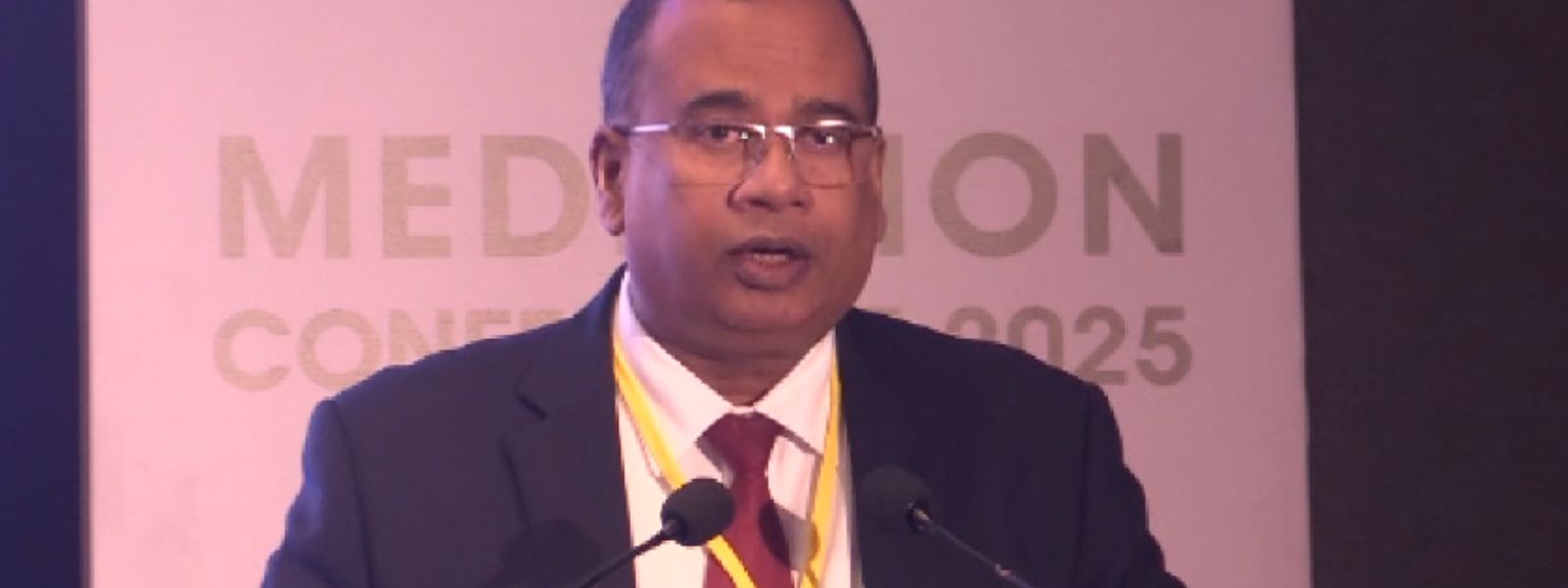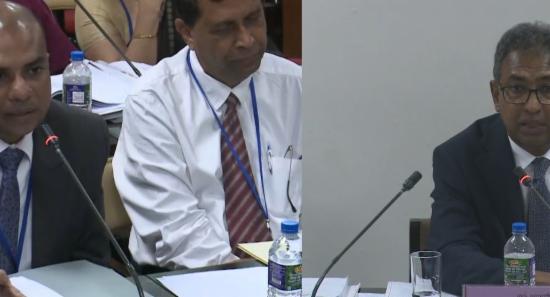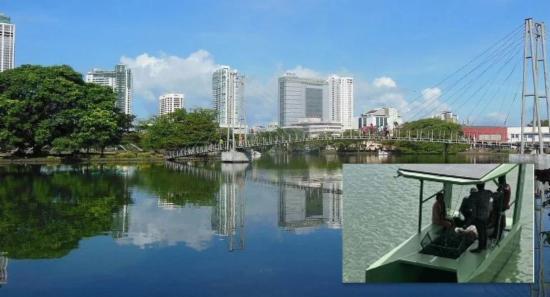.webp)

“Dispute Resolution Must Be Equal” - Justice Kodagoda Urges Sinhala & Tamil Arbitration Services
COLOMBO (News 1st); Supreme Court Justice Yasantha Kodagoda called for reform in Sri Lanka’s legal education and dispute resolution culture, citing alarming delays in the judicial process and a systemic bias toward litigation.
Speaking at a legal forum, Justice Kodagoda revealed that the average time taken to complete a trial in the Commercial High Court is five years, while the Supreme Court appeal process adds another ten years. “The complete cycle of judicial adjudication consumes a staggering 16 years,” he said, noting that the figure includes rounding off multiple months.
Justice Kodagoda questioned why legal practitioners continue to recommend litigation over Alternative Dispute Resolution (ADR) mechanisms such as mediation, arbitration, and conciliation, despite the inefficiencies of the current system.
He attributed the bias to the structure of legal education, which heavily emphasizes litigation-based subjects like civil and criminal procedure. “We come from that very narrow mindset of being taught that judicial adjudication through litigation is the only effective means of dispute resolution and possibly the preferred choice,” he said.
Justice Kodagoda also addressed the perception that arbitration is reserved for an elite group of disputants and lawyers, making it inaccessible to regular practitioners. He acknowledged that cost and difficulty in obtaining interim relief are additional deterrents.
“In Sri Lanka, even when arbitration is chosen, it often gets challenged in court, and arbitral awards face enforcement issues,” he said. “This means ADR mechanisms are frequently redirected back into the litigation system.”
He emphasized that both well-founded and ill-founded perceptions contribute to a heavy bias in favor of litigation, and that ADR is often seen as less effective unless mandated by contract.
As a solution, Justice Kodagoda proposed a paradigm shift: “We must stop viewing ADR as an alternative and instead treat all dispute resolution mechanisms as equal.” He urged legal education institutions to introduce a subject titled “Disputes and Dispute Resolution Mechanisms” and recommended that arbitration services be made available in Sinhala and Tamil to reduce exclusivity and promote accessibility.
Justice Kodagoda stated that reform must begin with changing mindsets, not just policies, and that early education in dispute resolution could transform Sri Lanka’s legal landscape.
Other Articles
Featured News





.png )























.webp)






